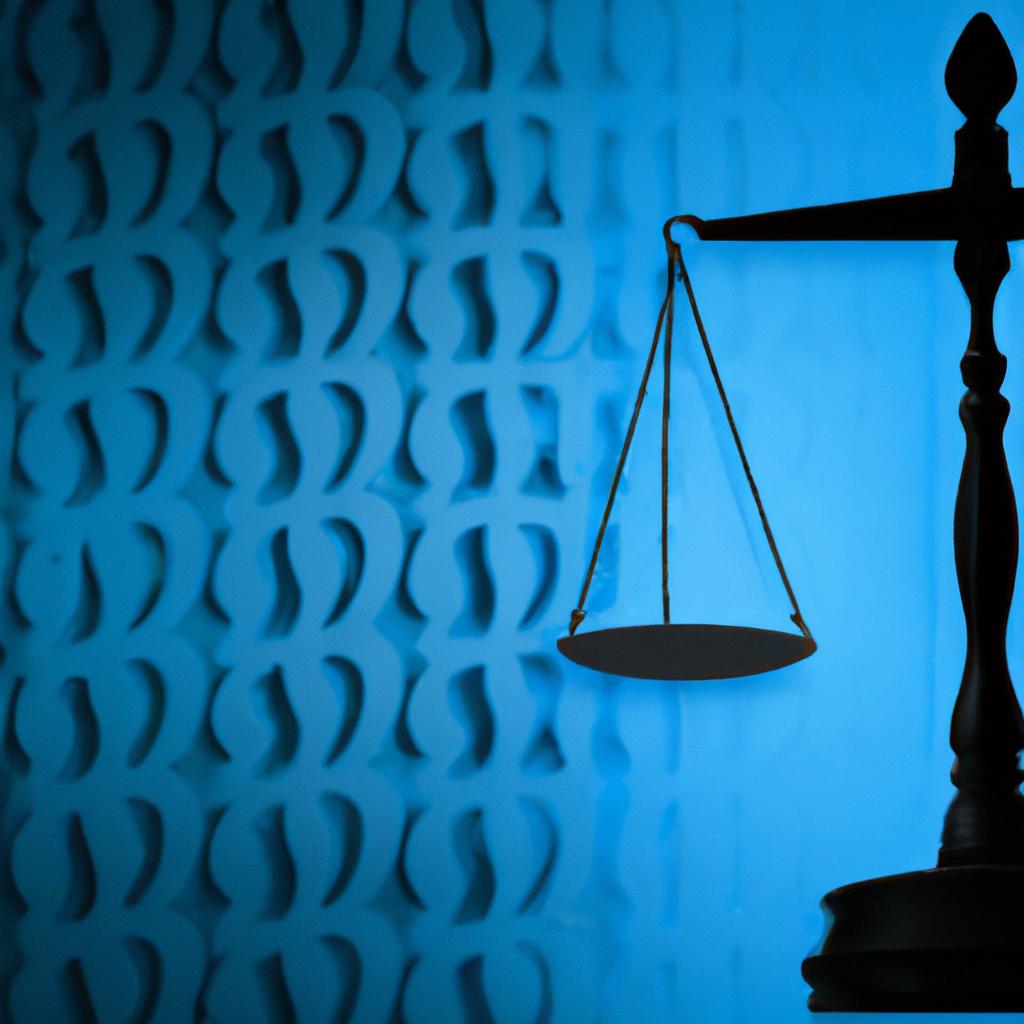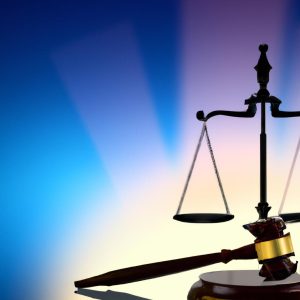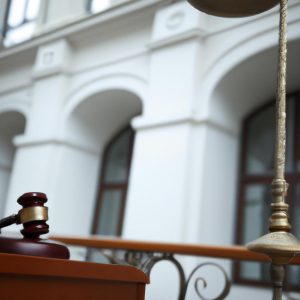In the intricate realm of real estate law, the discovery of a property deed is, undoubtedly, a pivotal moment. As custodians of their clients’ estates, our team at Morgan Legal Group understands the significance of unravelling the mysteries surrounding property ownership. With a wealth of experience in estate planning, probate, elder law, Wills, and trusts, we possess the expertise to navigate the labyrinthine process of finding a deed to a property with precision and diligence. Join us as we embark on a journey through the legal intricacies of property ownership, shedding light on the critical steps required to unlock the secrets hidden within a simple piece of paper.
Locating the Vital Document: Understanding the Importance of a Deed in Property Ownership
When it comes to owning a property, one of the most crucial documents you need to have in your possession is the deed. This legal document serves as proof of ownership and outlines important details such as the property’s boundaries, rights, and restrictions. Without a deed, you may encounter difficulties when trying to sell or transfer ownership of the property.
So, how do you go about finding the deed to a property? Firstly, you can start by checking with the county clerk’s office where the property is located. They typically keep records of all property deeds. Additionally, you can search online through the county’s website or utilize a title search company to help locate the deed. Remember, having a physical copy of the deed is essential for safeguarding your property rights and ensuring a smooth ownership process.
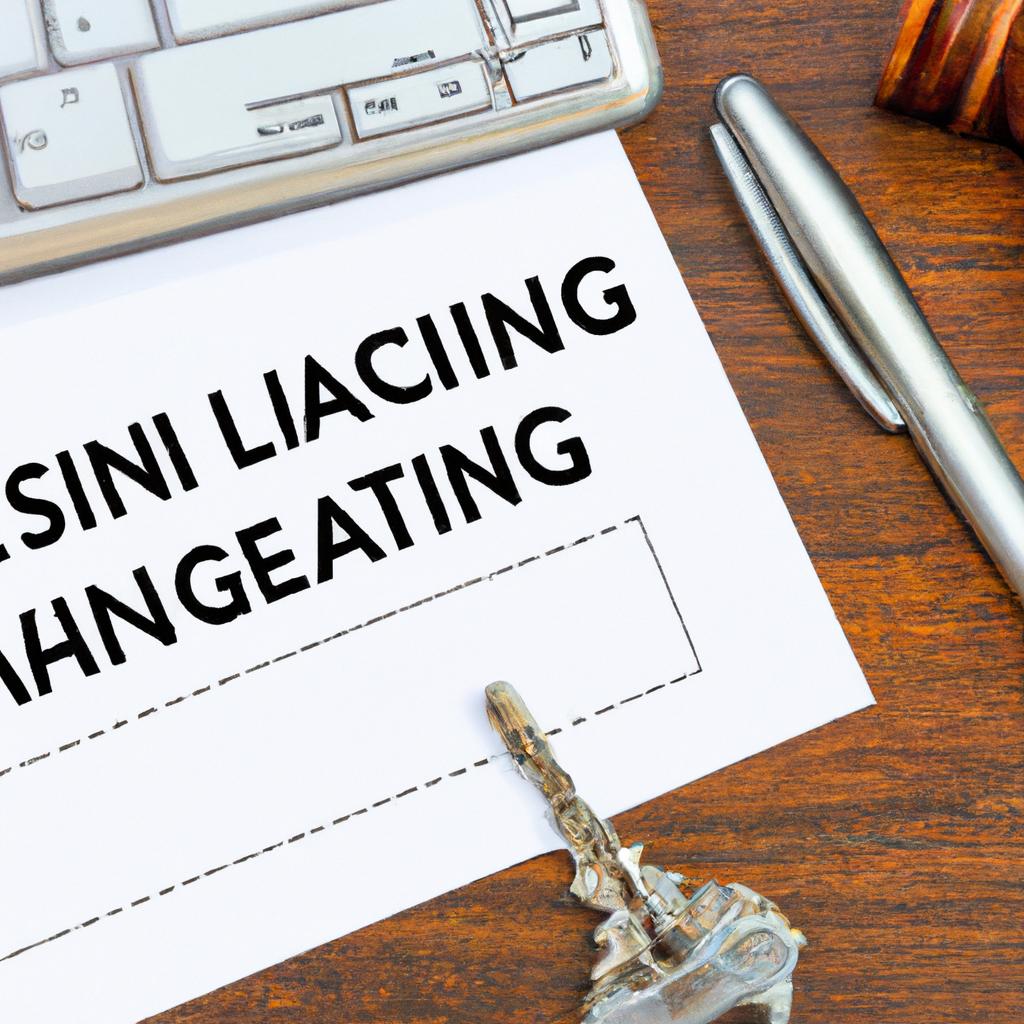
Navigating Legal Channels: Steps to Take When Searching for a Missing Deed
When searching for a missing deed to a property, it is crucial to navigate the legal channels effectively. The first step is to contact the county clerk’s office where the property is located. They may have a copy of the deed on file that you can obtain. If the deed is not found there, the next step is to search through any personal records or documents that may contain information about the property transfer.
If all else fails, it may be necessary to hire a title search company to conduct a thorough search for the missing deed. This service can be costly, but it may be the best option if all other avenues have been exhausted. Remember to keep detailed records of all communication and steps taken to locate the missing deed, as this information may be crucial in the event of a legal dispute.

Consulting with Experts: The Benefits of Seeking Legal Advice in Deed Recovery Matters
When it comes to recovering a deed for a property, seeking legal advice from experts in the field can prove invaluable. These professionals have the knowledge and experience to navigate the complex legal processes involved in deed recovery matters. By consulting with experts, individuals can benefit in a variety of ways:
- Legal Expertise: Lawyers specializing in deed recovery matters have a deep understanding of property laws and regulations, ensuring that the process is carried out correctly and efficiently.
- Guidance: Experts can provide guidance on the necessary steps to take in order to recover a lost or misplaced deed, helping individuals avoid costly mistakes.
- Protection: Legal professionals can protect the rights and interests of individuals throughout the deed recovery process, safeguarding them from potential legal disputes or challenges.
| Benefits of Seeking Legal Advice |
|---|
| Legal Expertise |
| Guidance |
| Protection |
At Morgan Legal Group in New York City, our team of experienced lawyers specializes in estate planning, probate, elder law, Wills, and trusts. We understand the importance of deed recovery matters and are dedicated to helping individuals secure their property rights. Contact us today to learn more about how we can assist you in finding a deed to a property.
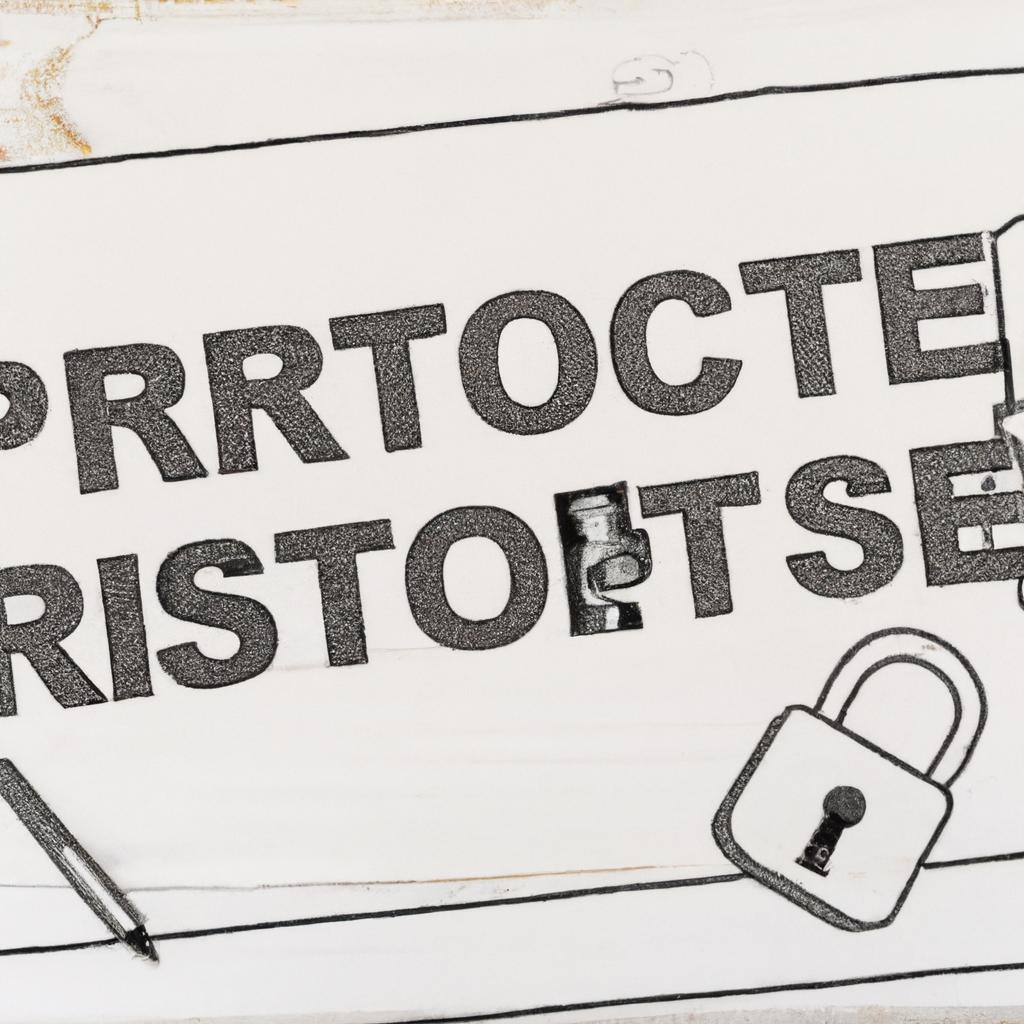
Protecting Your Interests: Safeguarding Property Ownership Rights Through Proper Documentation
In the world of property ownership, having proper documentation is crucial to safeguarding your interests. One key document that plays a vital role in establishing ownership rights is the deed to a property. A deed is a legal document that identifies the owner of a piece of real estate and outlines the transfer of ownership from one party to another. Without a valid deed, your ownership rights may be called into question, leading to potential disputes and legal complications.
When searching for a deed to a property, it is essential to follow the proper steps to ensure its authenticity and validity. Begin by contacting the county clerk’s office in the jurisdiction where the property is located. They will have records of all property transactions, including deeds. Additionally, you can search online databases or hire a title search company to assist in locating the deed. Once you have obtained the deed, review it carefully to confirm that all information is accurate and up to date. In case of any discrepancies or missing information, consult with a legal professional to resolve any issues and protect your ownership rights for years to come.
| Date | Document Type | Grantor | Grantee |
|---|---|---|---|
| January 10, 2021 | Warranty Deed | John Smith | Jane Doe |
| March 5, 2022 | Quitclaim Deed | Alice Johnson | Robert Brown |
Q&A
Q: How can I find a deed to a property?
A: To find a deed to a property, you can start by checking with the county clerk’s office in the area where the property is located. They typically keep records of all property deeds in their jurisdiction.
Q: Is there a fee involved in obtaining a property deed?
A: Yes, there may be a fee involved in obtaining a property deed. The cost can vary depending on the county and the specific request, so it’s best to check with the county clerk’s office for details.
Q: Can I request a copy of a property deed online?
A: Some county clerk’s offices offer online access to property deeds for a fee. You can usually search for and request a copy of a property deed through their website or online portal.
Q: What information do I need to provide when requesting a property deed?
A: When requesting a property deed, you may need to provide information such as the property address, owner’s name, and parcel number. This will help the county clerk’s office locate the specific deed you are looking for.
Q: How long does it take to receive a copy of a property deed?
A: The time it takes to receive a copy of a property deed can vary depending on the county clerk’s office and their processing times. It’s best to inquire with them about their timeline for fulfilling requests.
Future Outlook
As you set out on your journey to find a lost deed to a property, remember that persistence and resourcefulness are your greatest allies. Whether buried in dusty archives or tucked away in a forgotten drawer, the deed holds the key to unlocking a piece of history and securing your rights as a property owner. So, follow the clues, unravel the mysteries, and with a little bit of luck, you may just find yourself holding the missing piece to your property puzzle. Happy hunting!
 Finding a Deed to a Property: Everything You Need to Know
Finding a Deed to a Property: Everything You Need to Know
For many people, owning a property is a lifelong dream. Whether it’s a house, condominium, or piece of land, owning a property not only provides a sense of security and stability but also serves as a valuable asset. However, before you can truly call a property your own, you need to have a legal document that proves your ownership. This legal document is known as a deed.
What is a Deed and Why is it Important?
A deed is a legal document that formally transfers the ownership of a property from one person or entity to another. It serves as proof that you are the rightful owner of the property and specifies the exact boundaries, dimensions, and location of the property. A deed is an essential document as it protects your property rights and ownership in case of any disputes in the future.
Types of Deeds
There are several types of deeds that serve different purposes, including:
1. Warranty Deed – This is the most common type of deed used in real estate transactions. It guarantees that the seller holds the legal title to the property and has the right to sell it.
2. Quitclaim Deed – A quitclaim deed transfers the ownership rights the seller has to the buyer with no guarantees. This type of deed is commonly used when transferring property between family members or in situations where there is no exchange of money.
3. Grant Deed – This type of deed is similar to a warranty deed, but it also includes a guarantee that the seller has not transferred the property to anyone else and there are no hidden liens or encumbrances on the property.
4. Special Warranty Deed – Similar to a warranty deed, but the guarantee only covers the time that the seller owned the property, and not before.
How to Find a Deed to a Property
If you are a property owner, your deed should be held by your mortgage lender or title company. However, if you are looking to buy a property, you will need to obtain a copy of the deed to ensure that the seller has the legal right to sell the property. Here are the steps you can take to find a deed to a property:
1. Access the County Recorder’s Office – The county recorder’s office is responsible for maintaining public records related to property ownership. You can visit the office in person or access their website to search for the property’s deed.
2. Use Online Deed Database – Many counties have online databases that allow you to search for property deeds. These databases are usually free to use and provide instant access to the deed you are looking for.
3. Hire a Title Company – If you are unsure of how to find the deed or are unable to access it, you can hire a title company to do the search for you. They have the expertise and resources to quickly locate the deed and provide you with a certified copy.
4. Contact a Real Estate Attorney – A real estate attorney can also assist you in obtaining a deed to a property. They can also review the deed to ensure that it is valid and free of any potential issues.
Tips for Finding a Deed to a Property
– Make sure to check all spelling and details while searching for the deed to avoid any discrepancies.
– If you are unable to find the deed in the county recorder’s office, check neighboring counties as the property may belong to a different county.
– If you are purchasing a property, you can also ask the seller to provide a copy of the deed or obtain it directly from the seller’s mortgage lender.
– Keep the deed in a secure and easily accessible place as you may require it for future transactions or legal purposes.
Benefits of Having a Deed to a Property
Having a deed to a property provides numerous benefits, including:
1. Legal Ownership – A deed serves as proof of your ownership, which gives you the legal right to use and possess the property.
2. Property Rights – A deed outlines specific property rights, such as mineral, water, or air rights, which can help avoid disputes and misunderstandings in the future.
3. Protection from Fraud – A deed is a legally binding document that provides protection against fraud or any illegal attempts to transfer ownership of the property.
4. Asset Value – A deed adds value to your property and serves as proof of its worth, which can be useful when seeking financing or selling the property.
In Conclusion
A deed is an essential document that legally transfers ownership of a property from one person or entity to another. If you are a property owner, you should have a deed in your possession, and if you are looking to purchase a property, you will need to obtain a copy of the deed to ensure a smooth and legal transaction. By following the steps mentioned above, you can easily find a deed to a property and safeguard your ownership rights. Remember to keep the deed in a safe place and consult a professional for any assistance in obtaining or reviewing the deed.

